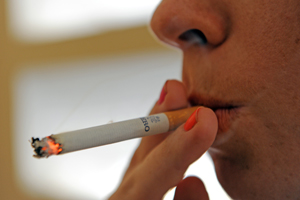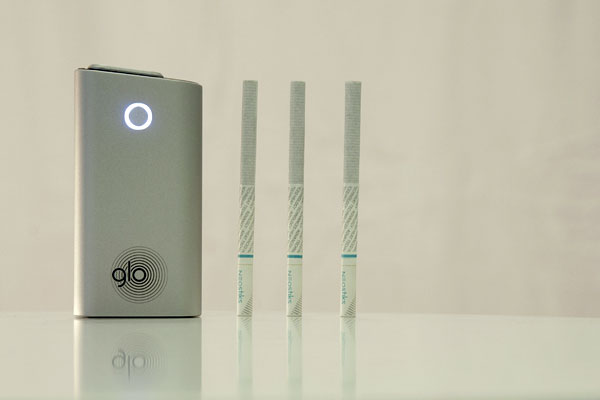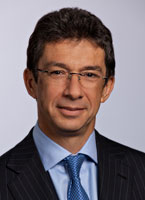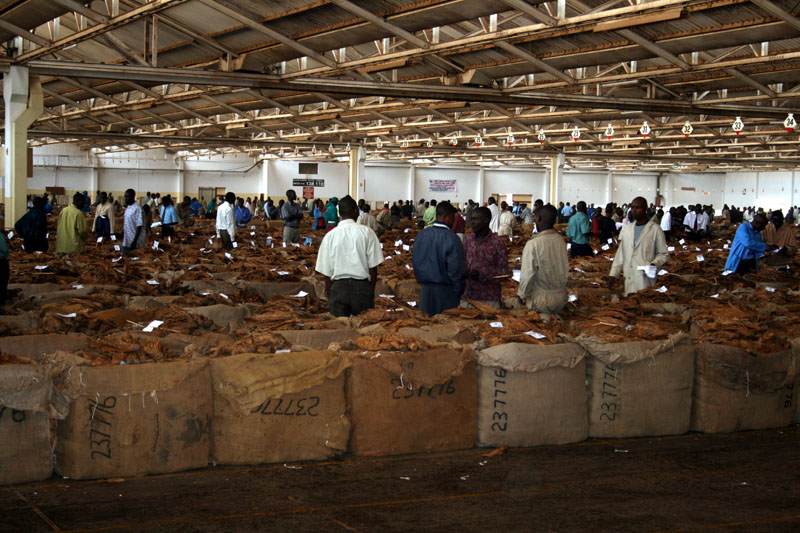Philip Morris Singapore (PMS) said recently that about three million smokers had switched to its IQOS device, according to a story on The Online Citizen, which Wikipedia describes, in part, as a community blogging platform involved in political activism in Singapore.
The company, an affiliate of Philip Morris International said that more than 232,000 smokers converted to IQOS globally in July 2017 alone.
‘The number of smokers who switched to IQOS to date is equivalent to about five times the number of people who smoke in Singapore,’ the story said. ‘This proves that a smoke-free future is a concrete possibility.’
Lawrence Chew, general manager of PMS, was quoted as saying the company’s ambition was that all the people who would otherwise continue smoking switch to scientifically-substantiated smoke-free alternatives as soon as possible.
“But we cannot achieve this mammoth task alone,” he said. “All stakeholders of the industry have a role to play. We are encouraged by the growing number of experts and governments that are taking steps to support the role that science and innovation can have for public health, and hope Singapore will too.”
The story said that, recently, the UK, the US and New Zealand had joined a growing number of countries who recognized the need to review the evidence of the potential benefits of smoke-free products for public health, and announced steps to leverage their potential in their plans for a future without smoke.









